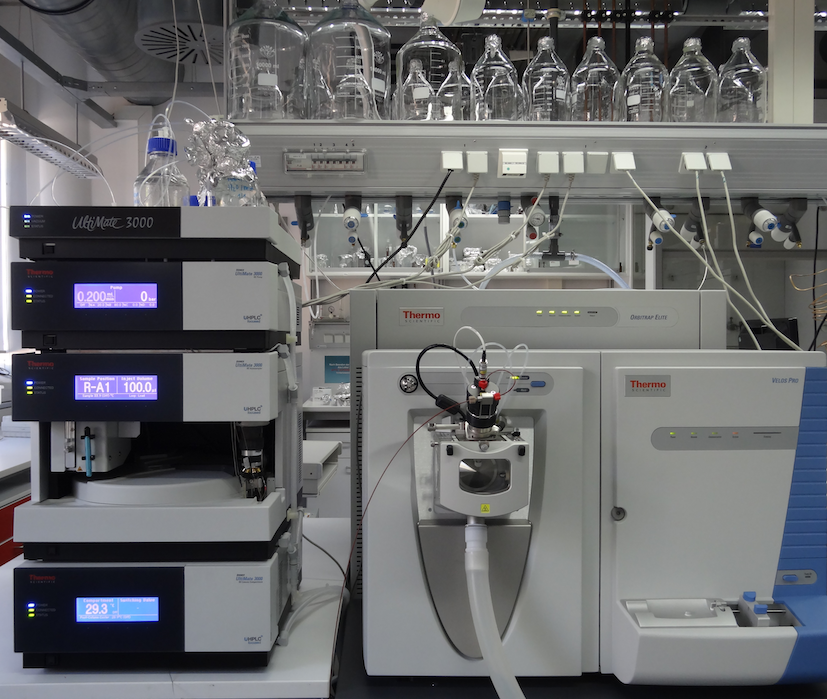PhD project offered by the IMPRS-gBGC in Jan 2025
Understanding metabolic processes by analysing intermolecular positions of stable isotopes |
|
Valerie Schwab,
Markus Lange,
Gerd Gleixner,
Georg Pohnert
|
Project descriptionThis project aims at investigating the effects of drought on ecosystem carbon dynamics, utilizing high-resolution mass spectrometry to gain insights into the metabolic activities of plants. As climate change poses increasing challenges, understanding the intricate balance of ecosystems becomes crucial. Drought, a significant disturbance, is anticipated to grow in frequency and severity, impacting ecosystem functioning and, consequently, human reliance on these systems.The specific objectives in this project are i) to explore how drought affects plant matter inputs into soils and carbon fixation rates, ii) to assess the suppression of plant matter release during extreme drought years and iii) to evaluate the potential negative impacts on ecosystem recovery and carbon dynamics. For this, the research introduces a novel approach to measuring plant metabolic activity using stable isotopes and their inter- and intramolecular distribution using high-resolution mass spectrometry and MS/MS experiments. This method provides a deeper understanding of how drought influences ecosystem processes and aids in predicting future impacts. Working groupMolecular Biogeochemistry at the Max Planck Institute for BiogeochemistryRequirementsApplications to the IMPRS-gBGC are open to highly motivated and qualified students from all countries. For this particular PhD project we seek a candidate with
 Orbitrap of the Molecular Biogeochemistry Group for high-resolution mass spectrometry and MS/MS experiments |